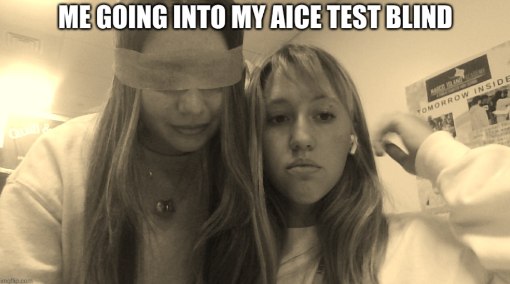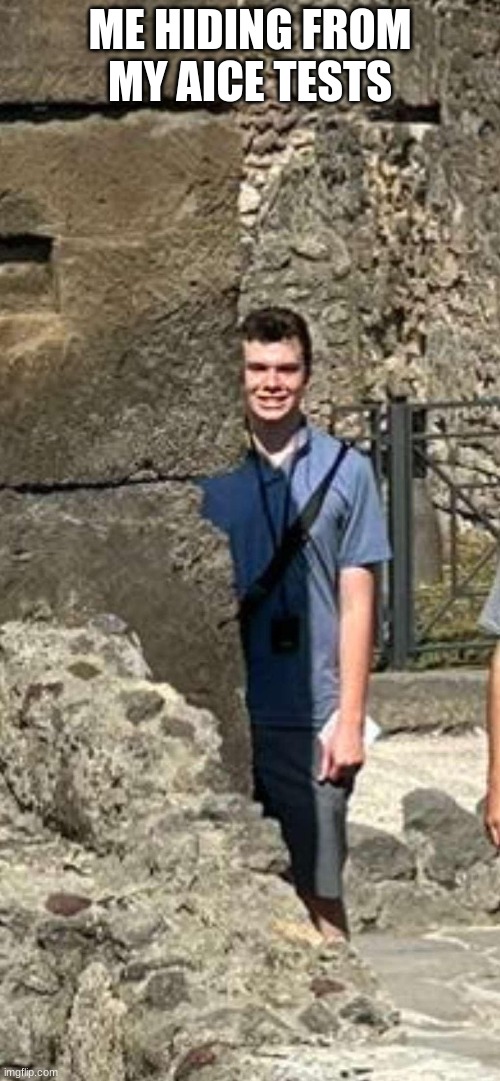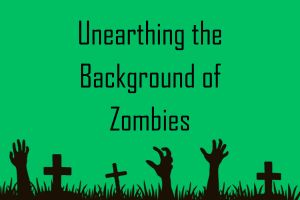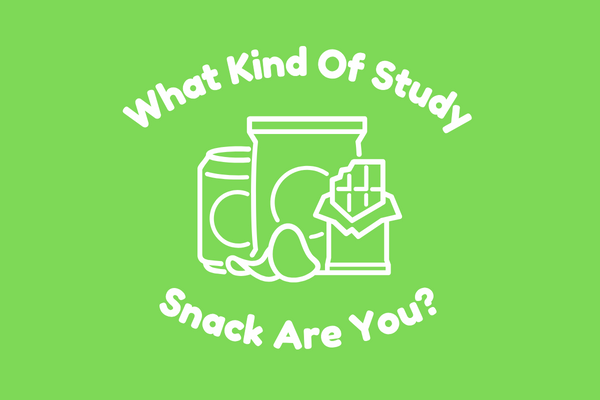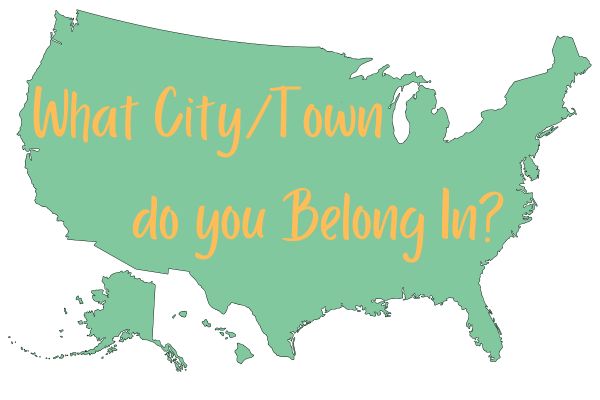Starting with a single bite, the infection spreads throughout the body and begins the process of decay. As the desire for human flesh grows, so does the loss of brain function. All resemblance of humanity is lost. The zombie is a common monster present in horror films. The literal description of a zombie refers to a person whose body is decaying and lacks brain function, typically due to a virus. But how did stories of zombies first originate?
The Historical Background of Zombies
Zombies are believed to have originated in Ancient Greece; artifacts discovered by archaeologists support this. Archaeologists have unearthed grave sites with large boulders intended to pin corpses to the ground. These rocks were likely meant to prevent the corpses from resurrecting and prowling among the Greeks.
The word “zombie” originated in central Africa in the Kongo language, from the words nzambi (god) and zumbi or nzumbi (fetish). The word was used alongside vumbi, or Mumbai (ghost, revenant, or corpse that still retains the soul), and nvumbi (body without a soul). The myth of the zombie dates back to the 17th and 18th centuries, particularly in the Haitian country of Saint-Domingue. At the time, Saint-Domingue was controlled by the French, who enslaved the Haitians on sugar plantations. While enslaved, the Haitians believed that they could return to back home upon death in the afterlife. However, they had to die naturally, as committing suicide would cause them to be trapped in the plantations for eternity.
Zombies in Modernity
Modern Halloween zombies are known for their decaying flesh and hunger for brains. The general depiction of zombies has changed drastically since their origins, especially in the media and film industry. Some modern-day examples of productions showcasing this change in appearance include The Walking Dead, N-Nation, and All of Us Are Dead. Every Halloween, zombies continue to be a popular costume, with many kids dressed in full-body suits and wearing eerie makeup. Zombies of all different ages can be seen collecting candy from friends and neighbors. Regarding the topic of zombies, one of the most common subjects brought up is zombie apocalypses. It’s typical for people to fight over who would die first or how they would survive an attack. Although there is a lack of certainty when determining exactly what would happen in the event of a zombie apocalypse, there are several articles, YouTube videos, and movies describing hypothetical scenarios.
Why do People Believe they Exist?
In the 1990s, a study paper called The Lancet was written by Dr. Chavannes Douyon and Prof. Roland Littlewood. The paper looked into the remains of what some may call “Haitian zombies.” The case, which was attempting to discover if zombies could exist scientifically, consisted of 3 presumed zombies, one of which was a 30-year-old woman who died of illness. Her family saw her walking about as a “zombie” 3 years after this event. Another one of the bodies was a young man who “died” 18 years before, yet was claimed to have been found at a cockfight. The final “zombie” was an 18-year-old woman who was found 13 years after her death. The first of the “zombies” had catatonic schizophrenia, a mental disorder that affects a person’s movement in extreme ways, in some cases leaving the person frozen and losing the ability to speak. The second person had brain damage along with epilepsy, and the third suffered from a mental disability. Other cases of “zombies” wandering around Haiti have also been reported, most with the loss of memory and the inability to make decisions. The study found that many have chronic schizophrenic illness, brain damage, or learning disabilities.
Zombies in Nature
In addition to human “zombies,” cases in nature have also been reported with animals exhibiting zombie-like behaviors or controlling other animals. An example of this would be the Ophiocordyceps fungus, which mostly targets small insects. Shortly after ingestion of the fungus, infection spreads throughout the body and reaches the brain. The fungi slowly eat away at the insect and take over the body. The fungi have the ability to influence the insect to climb to an elevated place that allows the fungi to grow and spread its spores. Insects like ants have been observed moving uncontrollably due to the fungi taking full control over their body.
Another example of this “zombie” phenomenon has been observed in Zatypota wasps, which are known for their manipulation of eximius spiders. These spiders typically stay within groups, but when infected by the Zatypota wasps they wander from the group and create cocoons filled with Zatypota larvae. The wasps can be seen digging their way through the spider’s abdomen, which allows them to use the spider’s silk to protect their eggs in the cocoon. When the eggs hatch inside the spider’s body, the wasp eats the spider’s brain and body, taking complete control of the spider and turning it into its own personal zombie.
Although the question of whether zombies are real or fake is hard to answer, there is one thing for sure, they will not be hiding on Halloween night!




